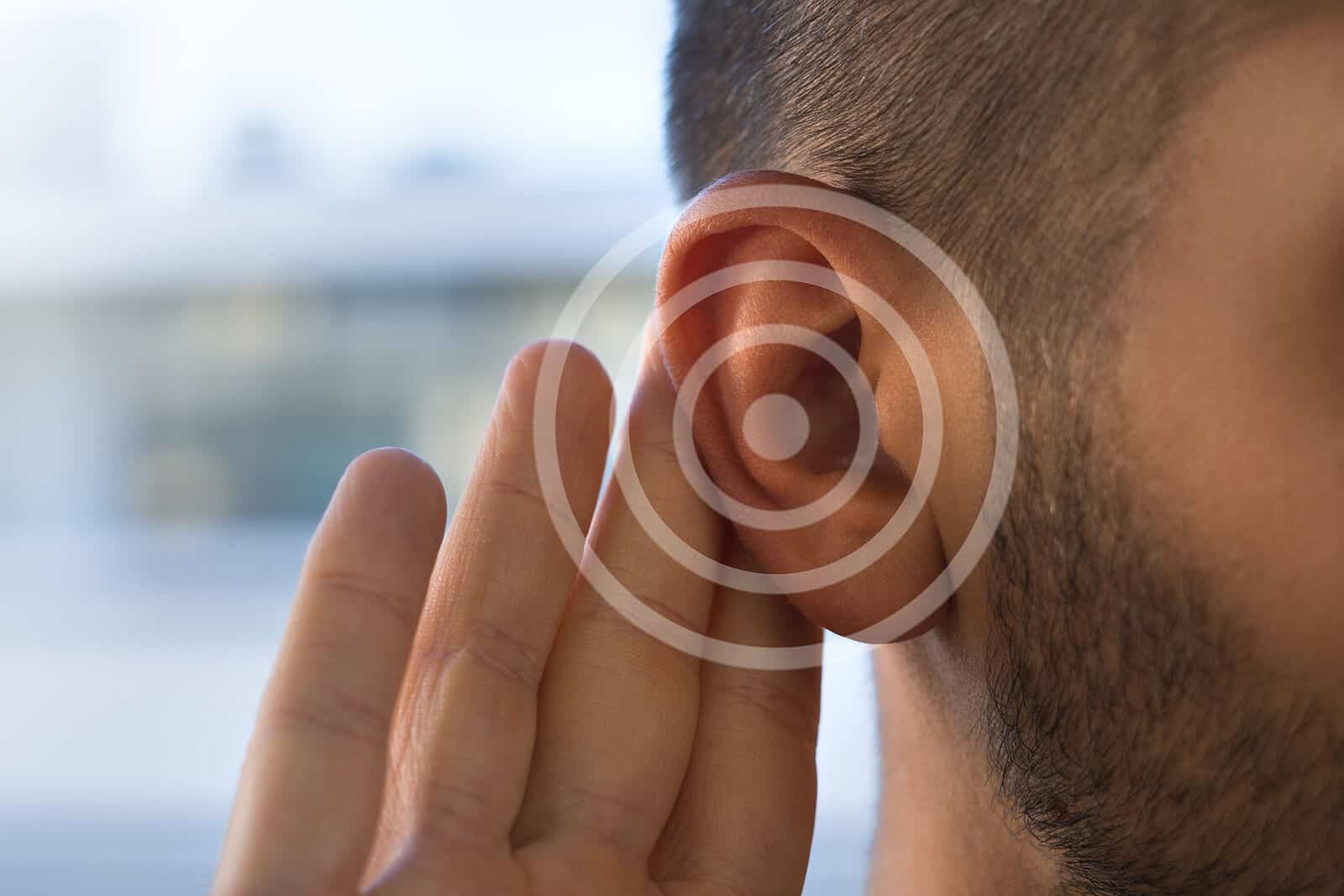
Dizziness and vertigo (balance disorders) are often indicators of underlying health issues that need attention. Dizziness typically refers to a feeling of lightheadedness, while vertigo gives the sensation that the environment around you is spinning. Both symptoms can make daily activities challenging, and understanding the root causes can lead to effective solutions.
Early intervention is important because dizziness and vertigo can affect one’s quality of life. Ignoring these symptoms might cause them to worsen over time. Therefore, awareness of potential causes and signs can help promptly seek help.
Common Causes of Dizziness and Vertigo
Dizziness and vertigo can stem from various causes. One common cause is inner ear problems, such as benign paroxysmal positional vertigo (BPPV). BPPV occurs when tiny calcium particles clump up in the inner ear canals, causing brief episodes of dizziness.
Low blood pressure can also lead to dizziness. When blood pressure drops suddenly, the brain doesn’t receive adequate blood supply, making one feel lightheaded. Dehydration and certain medications can contribute to these sudden drops in blood pressure.
Potential Underlying Conditions
Sometimes, dizziness and vertigo may signal more serious conditions. Ménière’s disease, for instance, affects the inner ear and can cause vertigo, ringing in the ears, and hearing loss. Addressing these symptoms early can help in managing the condition more effectively.
Another potential condition is vestibular neuritis, an inflammation of the inner ear. It usually follows a viral infection and can lead to severe dizziness or vertigo. Identifying such conditions early on is critical for effective treatment and recovery.
Impact on Daily Life
Experiencing dizziness or vertigo can significantly disrupt everyday life. Simple activities like walking or driving can become daunting tasks. This can lead to feelings of frustration and helplessness, emphasizing the need for prompt attention.
Moreover, the risk of falling increases when experiencing these symptoms. Falls can result in injuries that may require extensive rehabilitation. Addressing dizziness and vertigo early can help prevent such accidents and improve overall well-being.
Available Treatment Options
Treatment for dizziness and vertigo depends on the underlying cause. For instance, BPPV can be treated with specific head and body movements known as canalith repositioning maneuvers. These movements help shift the calcium particles out of the inner ear canals.
Medications can also provide relief in some cases. Antihistamines and anti-nausea drugs are commonly prescribed to manage symptoms. Always consult a hearing health professional to determine the best course of treatment.
Lifestyle and Home Remedies
In addition to medical treatments, various lifestyle changes can help manage dizziness and vertigo. Staying hydrated is important, as dehydration can worsen symptoms. Make it a habit to drink plenty of fluids throughout the day.
Regular exercise, particularly balance exercises, can strengthen your vestibular system. These exercises help the brain adapt to signals from the inner ear, thus reducing dizziness. Planning a balanced diet and practicing stress management techniques can also make a big difference.
